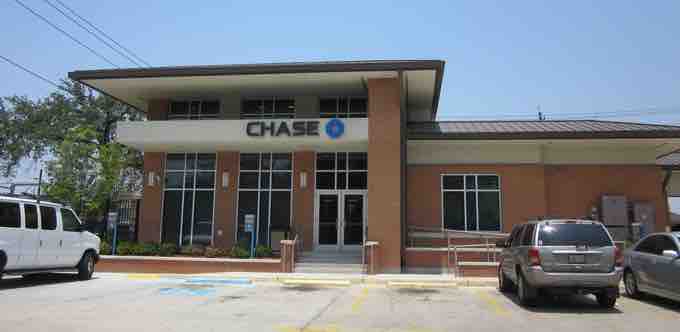The Service Economy
The world economy is increasingly characterized as a service economy. This is primarily due to the increasing importance and share of the service sector in the economies of most developed and developing countries. In fact, the growth of the service sector has long been considered as an indicator of a country's economic progress. Economic history tells us that all developing nations have invariably experienced a shift from agriculture to industry and then to the service sector as the mainstay of the economy. This shift has also brought about a change in the definition of goods and services themselves.
Service organizations vary widely in size. At one end of the scale are huge international corporations operating in such industries as airlines, banking, insurance, telecommunications, and hotels. At the other end of the scale are a vast array of locally owned and operated small businesses, such as restaurants, laundries, optometrists, beauty parlors, and numerous business-to-business services.
The service sector is going through revolutionary change, which dramatically affects the way in which we live and work. New services are continually being launched to satisfy our existing needs and to meet needs that we did not even know we had. Nearly fifty years ago, when the first electronic file sharing system was created, few people likely anticipated the future demand for online banking, website hosting, or email providers. Today, many of us feel we can't do without them. Similar transformations are occurring in business-to-business markets.
The Role Of the Service Economy In Development
As of 2008, services constituted over 50% of GDP in low income countries. As their economies continue to develop, the importance of the service sector continues to grow. For instance, services accounted for 47% of economic growth in sub-Saharan Africa over the period 2000–2005, while industry only contributed 37% and agriculture only 16% in that same period. This means that recent economic growth in Africa relied as much on services as on natural resources or textiles, despite many of those countries benefiting from trade preferences in primary and secondary goods.
As a result of these changes, people are leaving the agricultural sector to find work in the service economy. This job creation is particularly useful as often it provides employment for unskilled workers in the tourism and retail sectors, which benefits the poor and represents an overall net increase in employment. The service economy in developing countries is most often made up of the following industries: financial services, tourism, distribution, health, and education.

Evolution of Banking Services
Almost all financial transactions within a bank can be done online, which was a service not available 15 years ago.